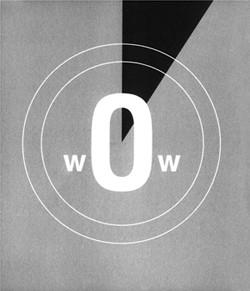
, said the shotgun to the head.
- اطلاعات
- نقد و بررسی
- دیدگاه کاربران
نقد و بررسی

September 1, 2003
Williams co-wrote and starred in the film Slam, was featured in the documentaries Slam Nation and I'll Make Me a World, and rapped to Rick Rubin–produced tracks on his hybrid album Amethyst Rock Star. Following The Seventh Octave (1998) and S/he (1999), Williams's third print collection (this time with no CD), is described as an "epic," and begins with a chilling epigraph from Paul Robeson on the warped combine of Western values, creativity, star power and suicide. It prefigures the set of toxic contradictions Williams attempts to negotiate, moving quickly into big-fonted oracular mode, channeling "those ships that never sailed/ the ones with their seacocks open/ that lied scuttled in their stalls/ TODAY/ i bring them back/ HUGE AND INTRANSITORY"—simultaneously invoking thwarted ambition, sexual exposure, the Middle Passage, and attempts to "lie" (dissimulate as well as collapse) through it all. Throughout the book, Williams draws on messianic postures and pronouncements that are non-starters, dragging out the most shopworn heresies and tropes: "we will wait through the degenerate course/ of your repeated history/ we will wait for the past to die." Yet such moments are repeatedly undercut by brief, understated bouts of lyrical intimacy and self-scrutiny: "i cannot make/ your past disappear/ only rabbits, my love/ only rabbits." It is through their juxtaposition that readers glimpse the pathos of a poet struggling with a literally unspeakable historical past, and deeply unworkable present—as well as levity in the futility of trying to dispel it all with corporate-backed, art-based bunnies. (A mock interview between a "Journalist" and "Maned Character" delves into the contradictions of being published by MTV.) The end result is an oblique attempt at moving past flawed concepts of gender, violence, race, religion and exchange, proceeding by sheer will and sometimes a "turn the music up" determination. Despite an absurdly overblown conclusion, it works—almost despite itself.




دیدگاه کاربران